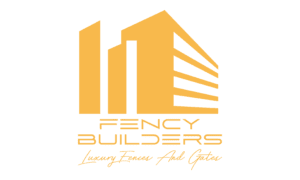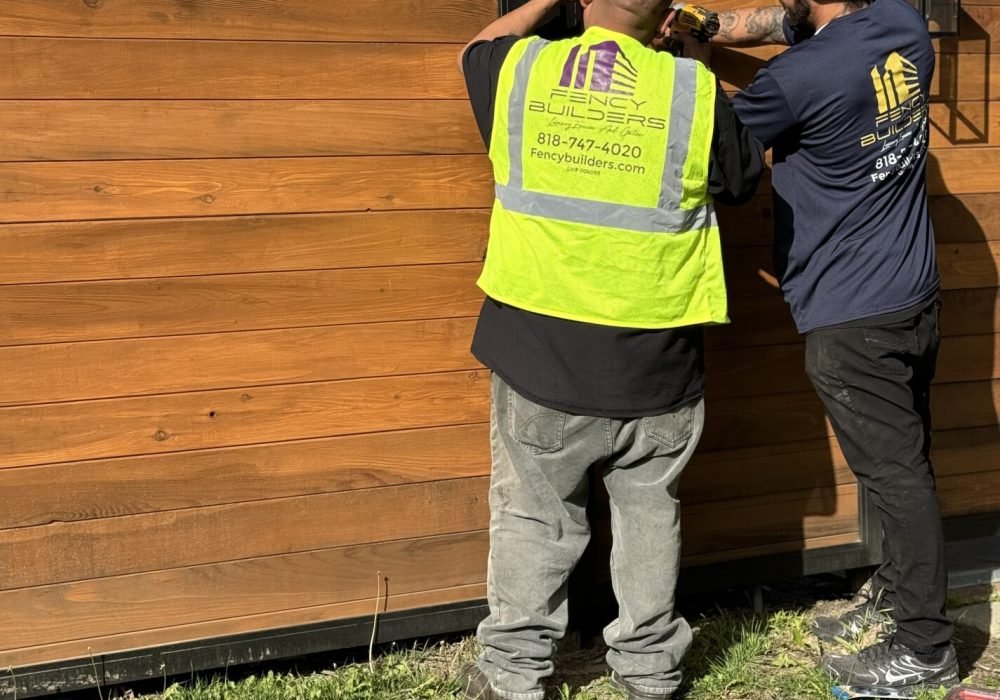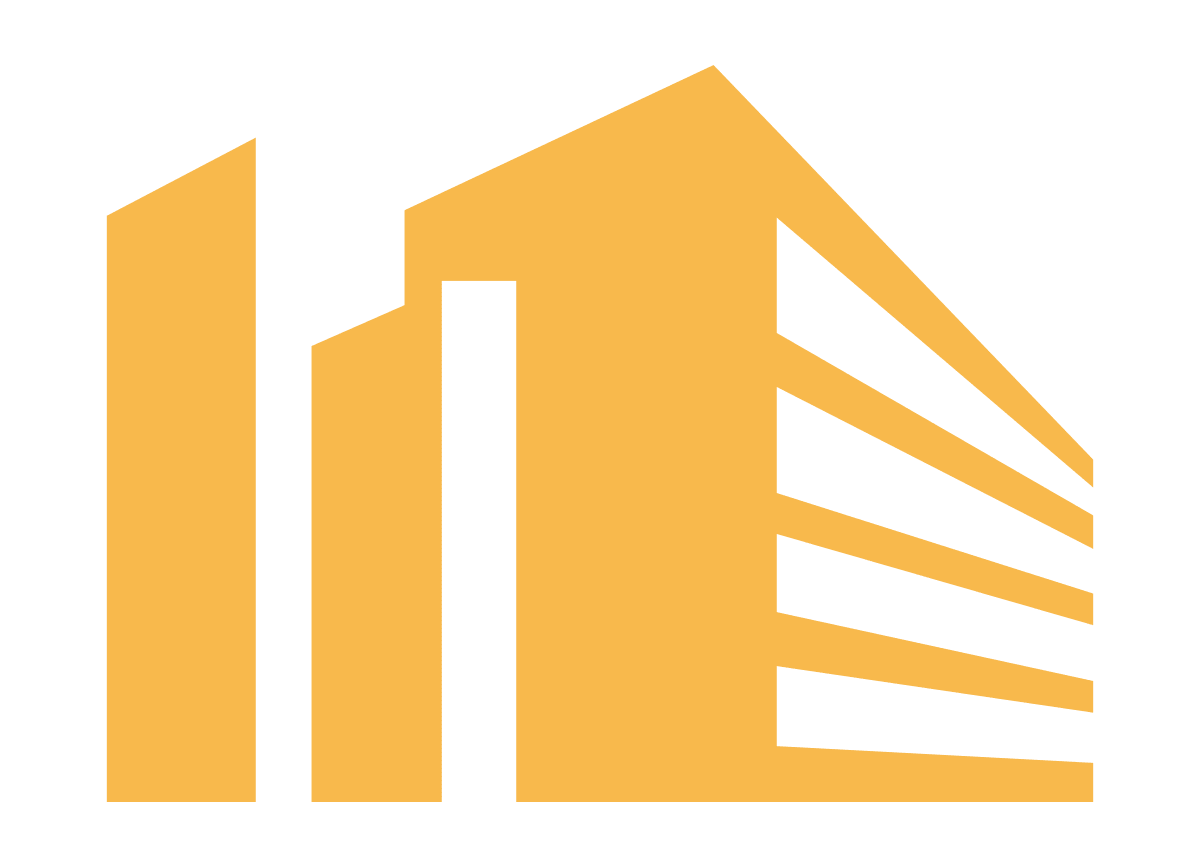Are you considering installing an 8 foot fence around your property? Whether you’re looking to enhance privacy, improve security, or simply define your property boundaries, a tall fence can be a valuable addition to your home. But before you dive into this project, it’s essential to understand the costs involved.
An 8 foot fence represents a significant investment, and the final price tag can vary dramatically based on several factors. In this comprehensive guide, we’ll break down everything you need to know about the costs associated with installing an 8 foot fence, helping you budget effectively for your project.
Factors That Affect 8 Foot Fence Installation Costs
When it comes to installing an 8 foot fence, the costs can vary widely depending on several key factors. Understanding these variables will help you create a more accurate budget for your project.
Material Selection
The material you choose for your fence will have the most significant impact on your overall costs. Each material comes with its own set of advantages, disadvantages, and price points.
Wood fencing is often the most affordable option upfront but may require more maintenance over time. Vinyl and aluminum tend to cost more initially but offer greater durability and lower maintenance requirements. Composite materials provide the look of wood without the maintenance concerns but come at a premium price.
The choice of material isn’t just about aesthetics—it’s about finding the right balance between your budget, maintenance preferences, and long-term goals for your property.
Total Linear Footage
It’s simple math: the longer your fence, the more you’ll pay for materials and labor. Before requesting quotes, measure the perimeter of the area you want to fence. Remember that an 8 foot fence requires more material per linear foot than a standard 6 foot fence, which increases the cost.
For an accurate estimate, walk your property line with a measuring wheel or use satellite imagery to calculate the exact distance. Don’t forget to account for gates and any sections where the fence height might change.
Labor Costs in Your Area
Labor costs can vary significantly depending on your location. In urban areas with a higher cost of living, expect to pay more for professional installation. Rural areas typically offer more competitive rates.
The complexity of the installation also affects labor costs. A straightforward installation on flat ground will cost less than one requiring extensive grading or working around obstacles like trees, large rocks, or utility lines.
Terrain Challenges
Speaking of terrain, the condition of your property can significantly impact installation costs. Uneven ground, rocky soil, or heavily wooded areas present challenges that require additional time and resources to address.
If your property has a slope, installing a level fence becomes more complex and may require stepped panels or custom solutions that add to the overall cost. Similarly, if contractors need to remove trees, large roots, or rocks, you’ll see these expenses reflected in your quote.
Cost Breakdown by Fence Material
Let’s dive deeper into what you can expect to pay based on your choice of fencing material.
Wood Fence Installation Costs
Wood remains one of the most popular choices for tall fences due to its natural appearance and relatively affordable price point. For an 8 foot wood fence, you can expect to pay between $25 and $45 per linear foot installed, depending on the type of wood.
Pressure-treated pine is the most economical option, while cedar, redwood, and exotic hardwoods progressively increase in price. An 8 foot cedar fence might cost $35-$50 per linear foot installed, while premium woods like ipe could push costs to $60+ per linear foot.
Remember that wood fences require regular maintenance, including staining or sealing every 2-3 years to maintain their appearance and structural integrity. This ongoing maintenance cost should factor into your long-term budget planning.
Vinyl Fence Installation Costs
Vinyl fencing offers excellent durability and virtually no maintenance requirements, making it an increasingly popular choice despite its higher upfront cost. For an 8 foot vinyl fence, expect to pay between $40 and $70 per linear foot installed.
The wide price range reflects differences in vinyl quality, thickness, and design features. Basic panels cost less, while those with decorative elements or texturing designed to mimic wood grain will be at the higher end of the spectrum.
While vinyl costs more initially, many homeowners find that the lack of maintenance requirements and longer lifespan provide better value over time. Most vinyl fences come with warranties of 20+ years, reflecting the manufacturer’s confidence in the product’s durability.
Aluminum Fence Installation Costs
Aluminum fencing strikes a balance between security, aesthetics, and visibility. Unlike privacy fences, aluminum fences allow you to see through them while still defining your property boundaries and providing security.
An 8 foot aluminum fence typically costs between $35 and $60 per linear foot installed. The price varies based on the thickness (gauge) of the aluminum, the spacing between pickets, and any decorative elements like finials or post caps.
Aluminum requires virtually no maintenance and won’t rust, warp, or rot, making it an excellent long-term investment, particularly in areas with extreme weather conditions.
Chain Link Fence Installation Costs
Chain link represents the most economical option for an 8 foot fence, with costs ranging from $15 to $30 per linear foot installed. This type of fencing is particularly popular for large properties where budget constraints make other materials prohibitively expensive.
To enhance privacy, you can add slats to a chain link fence, though this will increase the cost by $3-$5 per linear foot. Vinyl-coated chain link costs more upfront but offers better durability and a more attractive appearance than standard galvanized options.
While not as aesthetically pleasing as other materials, chain link provides excellent security and durability at a fraction of the cost. It’s worth considering if your primary concern is securing a large area on a limited budget.
Composite Fence Installation Costs
Composite fencing combines wood fibers with plastic polymers to create a material that looks like wood but requires minimal maintenance. For an 8 foot composite fence, expect to pay between $50 and $80 per linear foot installed.
While composite represents one of the more expensive options upfront, it offers exceptional durability and resistance to warping, cracking, rotting, and insect damage. Most composite products come with warranties of 20-30 years, reflecting their long-term value.
Like vinyl, composite fencing requires little maintenance beyond occasional cleaning with soap and water. This makes it an attractive option for homeowners looking to minimize ongoing care while maintaining an attractive appearance.
Additional Cost Considerations
Beyond the basic material and labor costs, several other factors can influence your overall budget for an 8 foot fence installation.
Permits and Regulations
Most municipalities require permits for fence installation, especially for tall fences like 8 foot options. Permit costs vary widely depending on your location but typically range from $50 to $500.
Before purchasing materials or hiring contractors, check with your local building department about permit requirements and any height restrictions that might apply to your property. Some areas limit fence heights, particularly in front yards, so you’ll want to ensure your 8 foot fence complies with local regulations.
Homeowners association (HOA) rules may also impact your fencing choices, sometimes restricting materials, colors, or designs. Failing to comply with these regulations could result in fines or forced removal of your new fence, so do your homework before proceeding.
Did you know that getting your chimney inspected regularly is as important as maintaining your fence? Companies like Chimney Repair in LA recommend annual inspections to prevent costly damage to your home.
Gate Installation
Gates are a necessary component of most fence installations, but they add to the overall cost. For an 8 foot fence, expect to pay $250-$500 for a basic gate, with prices increasing for wider openings or premium features like automatic openers.
Double gates for driveway access typically cost $500-$1,000 or more, depending on the width and materials. If you need multiple gates, factor these costs into your budget accordingly.
Removing Old Fencing
If you’re replacing an existing fence, removal costs will add to your project budget. Professional removal typically costs $3-$5 per linear foot, plus disposal fees.
Some contractors include removal in their installation quotes, while others charge separately. Be sure to clarify this point when getting estimates for your project.
Disposal Fees
Disposing of old fencing materials can be costly, especially for treated wood that may require special handling. Landfill fees vary by location but typically range from $50 to $200 per ton.
Some contractors include disposal in their quotes, while others pass these costs directly to the homeowner. If you’re handling removal yourself, research local disposal options and costs before starting your project.
DIY vs. Professional Installation
Installing an 8 foot fence is a significant undertaking, and many homeowners debate whether to handle it themselves or hire professionals. Let’s explore both options.
Professional installation typically adds $10-$30 per linear foot to your material costs, depending on the complexity of the installation and local labor rates. For a 200-foot perimeter, this translates to $2,000-$6,000 in labor costs.
While this represents a significant expense, professional installers bring expertise, proper equipment, and efficiency to your project. They can also navigate permit requirements and ensure your fence complies with local regulations.
Tools and Equipment Needed
If you’re considering DIY installation, be prepared to invest in specialized tools. At minimum, you’ll need:
- Post hole digger or power auger ($50-$300 to rent)
- Concrete mixer ($50-$100 to rent)
- Level ($20-$50)
- Circular saw ($100-$200)
- Drill ($50-$150)
- Measuring tape and string line ($20-$30)
- Safety equipment ($50-$100)
For an 8 foot fence, you’ll also need a sturdy ladder and possibly scaffolding, adding another $100-$200 to your equipment costs. If you don’t already own these tools, the rental or purchase costs can quickly add up, eroding some of the savings from DIY installation.
Time Investment for DIY Installation
Beyond financial considerations, DIY fence installation requires a significant time commitment. For an average homeowner without specialized experience, installing 50-100 feet of 8 foot fencing might take an entire weekend or longer.
The process includes measuring and marking the fence line, digging post holes (which must be deeper for 8 foot fences), setting posts in concrete, waiting for the concrete to cure, installing rails, and attaching panels or pickets. Each step requires precision to ensure your fence is level, plumb, and secure.
If you’re working alone or have limited construction experience, consider whether the time investment and learning curve make sense for your situation. Sometimes, the value of your time and the quality of professional results justify the additional expense.
How to Save Money on Your 8 Foot Fence Installation
While an 8 foot fence represents a significant investment, several strategies can help you manage costs without compromising quality:
- Get multiple quotes: Contact at least three reputable fence contractors to compare prices and services. Look beyond the bottom line to consider the company’s reputation, warranty offerings, and included services.
- Consider a phased approach: If budget constraints won’t allow you to fence your entire property at once, consider installing your fence in phases, prioritizing the areas where privacy or security concerns are greatest.
- Choose strategic placement: Rather than fencing your entire property, consider installing your 8 foot fence only where you need maximum privacy or security, using shorter fencing or landscaping elsewhere.
- Explore material alternatives: Mix materials to optimize your budget. For example, use premium materials for visible sections facing the street and more economical options for less prominent areas.
- Schedule during the off-season: Fence contractors are typically busiest during spring and summer. Scheduling your installation during fall or winter might secure lower rates as contractors look to fill their schedules during slower periods.
Remember that cutting corners on material quality or proper installation can lead to premature failure and higher long-term costs. Focus on finding value rather than simply minimizing upfront expenses.
Maintenance Costs to Consider
The ongoing maintenance requirements of your 8 foot fence should factor into your decision-making process. Different materials require varying levels of care to maintain their appearance and structural integrity.
Wood fences need the most attention, requiring cleaning and resealing or staining every 2-3 years to prevent deterioration. These maintenance costs typically run $1-$3 per square foot, which adds up quickly for tall fencing with significant surface area.
Vinyl and aluminum require only periodic cleaning with soap and water, representing minimal ongoing costs. Composite materials fall somewhere in between, occasionally needing cleaning but no staining or sealing.
Chain link fences may require occasional tensioning and lubrication of gate hardware but otherwise need little maintenance beyond removing any vegetation growing on or through the mesh.
When calculating the total cost of ownership, remember to factor in these maintenance requirements over the expected lifespan of your fence. Sometimes, a higher upfront investment in low-maintenance materials yields significant savings over time.
Just as regular maintenance protects your fence, regular chimney inspections prevent costly damage to your home. Services like those offered by Chimney Repair in LA help catch issues before they become major problems.
Return on Investment for Tall Fencing
A well-designed and properly installed 8 foot fence can enhance your property’s value, though the exact return on investment varies based on your local market and the quality of the installation.
Privacy and security rank high on many homebuyers’ priority lists, making an attractive, sturdy fence a selling point. In areas where security concerns are prevalent, a tall fence might return 50-70% of its cost in increased property value.
Beyond financial considerations, the improved privacy, security, and aesthetic appeal provide daily quality-of-life benefits that many homeowners find invaluable. If you plan to remain in your home for years to come, these intangible benefits often justify the investment regardless of the impact on resale value.
Conclusion
Installing an 8 foot fence represents a significant investment, with costs typically ranging from $15 to $80 per linear foot depending on your choice of materials, local labor rates, and site-specific challenges. For a property with a 200-foot perimeter, this translates to a total project cost of $3,000 to $16,000.
While the upfront expense may seem substantial, a quality fence provides decades of privacy, security, and aesthetic benefits. By understanding the factors that influence costs and carefully planning your project, you can maximize value while creating the secure, private outdoor space you desire.
Remember that the cheapest option isn’t always the most economical in the long run. Consider maintenance requirements, expected lifespan, and warranty coverage when evaluating different fencing options. Sometimes, spending more initially on premium materials or professional installation yields significant savings over the life of your fence.
At Fency Builders, we’re committed to helping you navigate these decisions with transparent pricing and expert guidance. Contact us today to discuss your 8 foot fence project and receive a customized quote that addresses your specific needs and budget considerations.
FAQs
Q1: Do I need special permission to install an 8 foot fence?
A: In most municipalities, yes. An 8 foot fence typically exceeds standard height allowances, especially in residential areas. You’ll likely need to apply for a permit and possibly a variance, depending on local regulations. Check with your local building department and homeowners association (if applicable) before proceeding with installation.
Q2: How long does it take to install an 8 foot fence?
A: Professional installation of an 8 foot fence around an average-sized suburban lot (approximately 150-200 linear feet) typically takes 2-4 days, depending on the material, terrain, and crew size. DIY installation will take considerably longer, often 1-2 weekends or more, especially if you’re working alone or have limited experience.
Q3: Are 8 foot fence posts different from standard fence posts?
A: Yes, 8 foot fences require longer and sometimes thicker posts than standard 6 foot fences. Posts for an 8 foot fence typically need to be 11-12 feet long to allow for proper burial depth (typically 3-4 feet for tall fences). The diameter may also need to be larger (4×6 or 6×6 rather than 4×4) to provide adequate stability for the taller structure.
Q4: How much more does an 8 foot fence cost compared to a 6 foot fence?
A: An 8 foot fence typically costs 20-40% more than a comparable 6 foot fence due to the additional materials required and the more complex installation process. The exact difference varies by material, with wood showing a smaller percentage increase than vinyl or composite materials.
Q5: Can I install an 8 foot fence myself to save money?
A: While DIY installation is possible, an 8 foot fence presents significant challenges even for experienced DIYers. The taller height makes the structure more vulnerable to wind loads, requiring deeper post holes, more concrete, and precise installation techniques. The size and weight of 8 foot panels or pickets also make handling more difficult, often requiring multiple people. Unless you have substantial construction experience and proper equipment, professional installation often provides better value and results for tall fencing.
Please don’t forget to leave a review.



